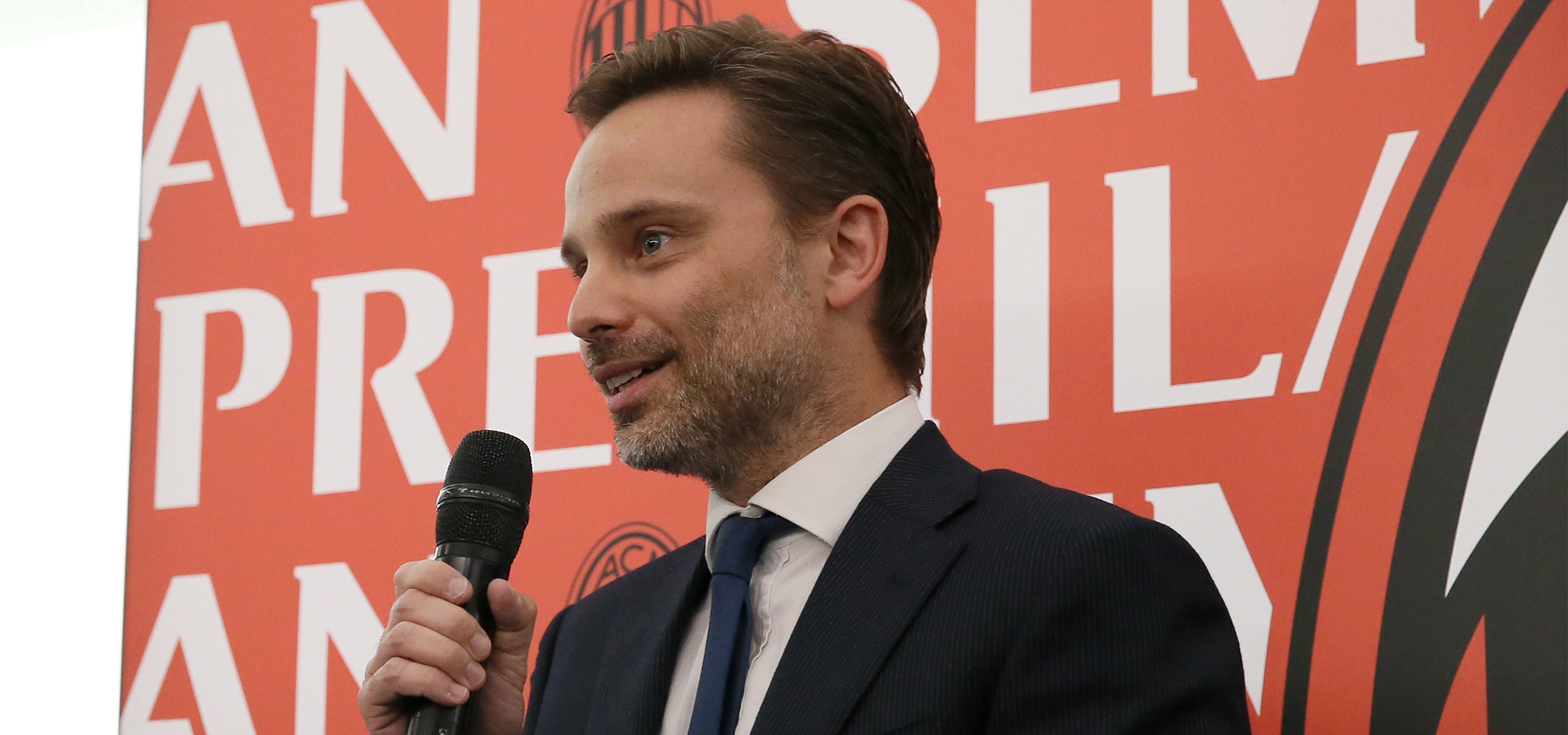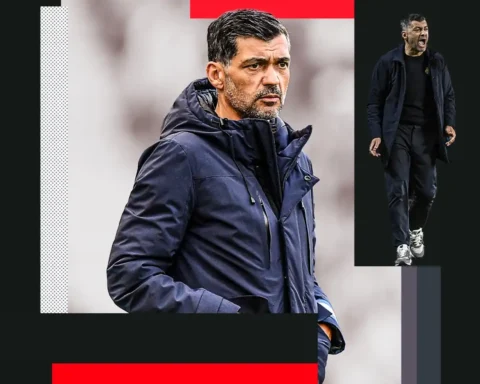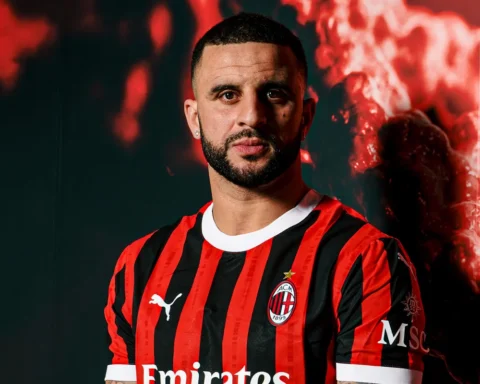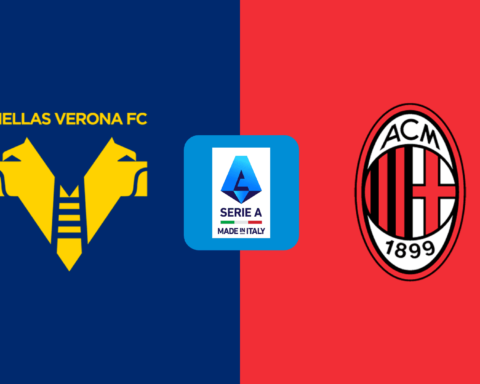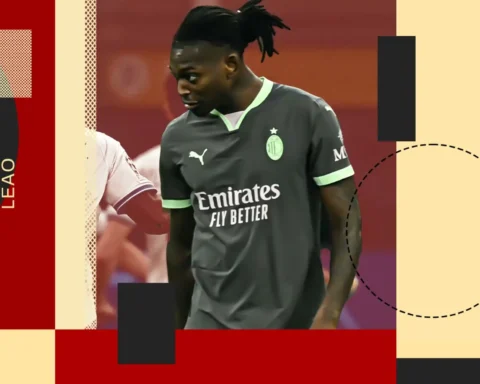AC Milan CEO Giorgio Furlani recently shared his candid thoughts during a presentation at Harvard Business School, where the club’s transformation under RedBird Capital was analyzed. Furlani, a former Harvard student himself, reflected on pivotal decisions, financial strategies, and the challenges of managing one of Italy’s most iconic football clubs.
Furlani recalled his initial skepticism about investing in Milan during his time at Elliott: “In 2017, I got a call from a lawyer asking if I had ever thought about investing in AC Milan. I remember thinking, ‘Football teams always lose money.’ So I replied, ‘Are you crazy? Why would I ever do that?’ But then I learned more about the situation.” He explained how Elliott acquired the club after Li Yonghong defaulted on a loan: “To say Milan was mismanaged would be offensive to poorly managed companies—it wasn’t managed at all.”
Furlani highlighted the shift in priorities between Elliott and RedBird: “For Elliott, the focus was on restructuring the team and stopping financial losses. For RedBird, it’s about improving the squad to grow the business. Now, the focus is equally split between sports performance and business development.”
On AC Milan’s current financial strategy, Furlani emphasized sustainability: “Our goal was to stop bleeding money and live within our means. While sporting success is important, we realized we couldn’t adopt a ‘win at all costs’ mentality because extra costs can kill you financially. We needed to win more games while paying our players less.”
The sale of Sandro Tonali to Newcastle United was a prime example of this disciplined approach: “We didn’t sell him because we needed to; we sold him because it was an excellent offer. We earned €70 million plus a €10 million earn-out—the highest fee ever in Serie A. Thanks to that sale, we signed six new players and completely revamped the squad. We don’t sell out of necessity; we sell opportunistically.”
Furlani also addressed the controversial departure of club legend Paolo Maldini: “Letting Maldini go was a historic decision, given what he means to the club and his authority. But if we wanted to realize Gerry Cardinale’s vision for Milan, we had to make changes and move forward.”
The CEO didn’t shy away from discussing the pressures of leading Milan: “I’ve realized there’s no escaping what people say on TV or write in newspapers—it really hits you on bad days. And then there are even worse days, like when I receive death threats, for example after selling Tonali. Moments like that make me think, ‘Okay, they definitely didn’t teach this at Harvard Business School.'”
On the future of San Siro and potential stadium developments, Furlani acknowledged the challenges: “Playing at San Siro is magical, but we need to think about growth. Renovating San Siro would cost as much as building a new stadium. I’d love to see a modern 70,000-seat stadium, but building one in Italy is incredibly difficult due to bureaucracy.”
Finally, Furlani emphasized balancing ambition with sustainability: “Winning championships is obviously an important goal. But we must balance this with ‘winning intelligently.’ Inter won the Scudetto last year and then went bankrupt—is that really what we want? My job is to position AC Milan to compete for the Scudetto every year, qualify for the Champions League annually, and go as far as possible in Europe while maximizing cash flow and brand value.”

